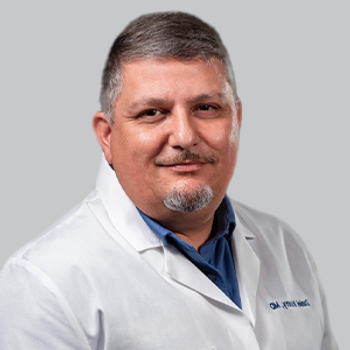
Daniel Irizarry, MD, a former physician and patient living with PD, discussed how hands-on simulation training could enhance clinician empathy and improve treatment strategies.

Daniel Irizarry, MD, a former physician and patient living with PD, discussed how hands-on simulation training could enhance clinician empathy and improve treatment strategies.

Continuous subcutaneous apomorphine infusion enhances confidence and reduces treatment burden for Parkinson's patients, improving daily activity engagement.

Cynthia Fox, PhD, CCC-SLP, CEO and co-founder of LSVT Global, discussed the evolution of rehabilitative therapies in PD and stressed early referrals for speech, physical, and occupational therapy.

The design of a phase 2 study, presented at ATMRD 2025, highlighted the trial’s patient-focused approach, allowing patients with Parkinson disease to complete visits either at home or in a clinic.
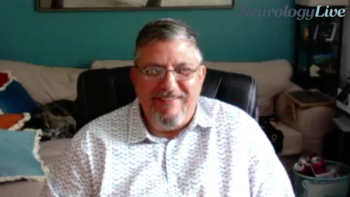
The medical advisor at Tactical Medical Solutions shared insights from both clinical and personal perspectives on the importance of empathy and active listening in managing Parkinson disease. [WATCH TIME: 3 minutes]
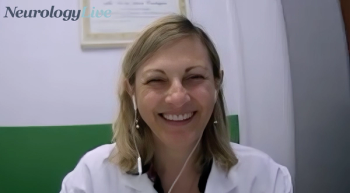
The consultant neurologist at Fondazione Don Carlo Gnocchi ONLUS stressed how new clinical trial designs for cervical dystonia should incorporate more flexible and patient-centered approaches, including new measurement scales and the use of technology. [WATCH TIME: 5 minutes]
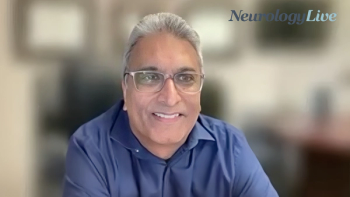
The president at Fasikl and the Laverne and Joyce Rider professor of neurology at the University of Kansas Medical Center talked about results from a pilot study assessing the Felix Neural AI wristband in patients with essential tremor. [WATCH TIME: 4 minutes]

The consultant neurologist at Fondazione Don Carlo Gnocchi ONLUS talked about a recent study that examined the varying methods and results of clinical trials assessing the duration and efficacy of botulinum toxin treatment in cervical dystonia. [WATCH TIME: 7 minutes]

Michael Soileau, MD, FAAN, talked about a panel of specialists who discussed the evolution and multidisciplinary treatment of Parkinson disease, emphasizing patient-centered care and advanced therapeutic options.

Anvi Gadani, MD, assistant clinical professor of medicine at Medstar Georgetown University Hospital, discussed surgical and device-guided therapies for managing advanced Parkinson disease and essential tremor.

The director of movement disorders at the Banner Sun Health Research Institute talked about recent, promising advancements for diagnosing atypical Parkinsonian disorders and the questions that remain.

Patricia Clark, CNP, a nurse practitioner at the Cleveland Clinic, talked about a specialized program for hospitalized patients with Parkinson disease that aligns hospital protocols with home medication regimens to improve care.
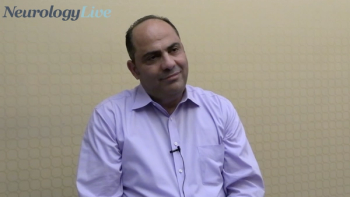
The associate professor of neurology at Georgetown University Medical Center talked about innovative treatments for dementia in movement disorders that target multiple mechanisms to effectively modify the disease. [WATCH TIME: 7 minutes]

The executive director of the Association of Movement Disorder Advanced Practice Providers talked about a recent survey highlighting why patients with movement disorders may withhold critical health information from their providers.

The associate professor of neurology at Georgetown University Medical Center talked about the potential of tyrosine kinase inhibitors in treating neurodegenerative diseases. [WATCH TIME: 7 minutes]

The executive director of the Association of Movement Disorder Advanced Practice Providers discussed how effective patient care in movement disorders can lead to better management and treatment outcomes. [WATCH TIME: 4 minutes]
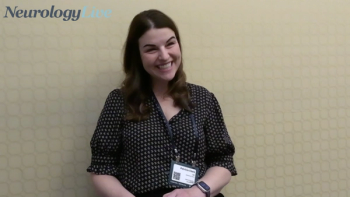
The nurse practitioner at the Cleveland Clinic talked about findings from a recent study focused on enhancing medication management and education for patients with Parkinson disease. [WATCH TIME: 5 minutes]
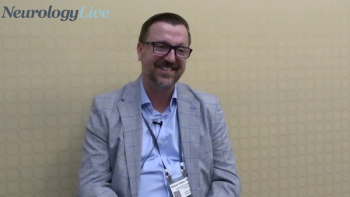
The movement disorder specialist at Texas Movement Disorder Specialists talked about the complexities and advancements in treating Parkinson disease, emphasizing the need for strategic and aggressive treatment approaches despite administrative burdens. [WATCH TIME: 5 minutes]
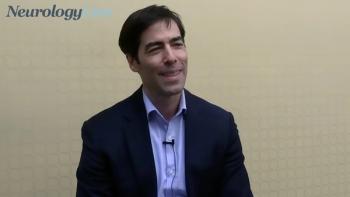
The director of movement disorders at the Banner Sun Health Research Institute talked about making strides in developing minimally invasive tests and imaging ligands for neurodegenerative diseases, such as Parkinson disease. [WATCH TIME: 2 minutes]

The assistant clinical professor of medicine at Medstar Georgetown University Hospital highlighted the need for clinicians to maintain informed, open-minded discussions about therapeutic options. [WATCH TIME: 2 minutes]

The Cleveland Clinic Foundation Parkinson's Inpatient Program is a proactive, multidisciplinary intervention aimed to enhance the quality and safety of care for hospitalized patients with Parkinson disease.
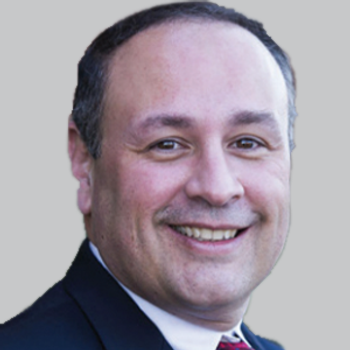
Istradefylline led to significant reductions in tremor and motor symptoms in patients with Parkinson disease over 24 weeks.

The movement disorder specialist at Texas Movement Disorder Specialists talked about a comprehensive panel discussion that highlighted the evolution of Parkinson disease treatment. [WATCH TIME: 4 minutes]

The nurse practitioner at the Cleveland Clinic talked about a specialized program involving nurse practitioners that aims to improve inpatient care quality and safety for patients with Parkinson disease. [WATCH TIME: 5 minutes]
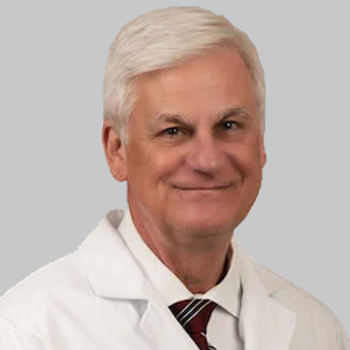
Bezisterim has shown potential in improving non-motor symptoms like fatigue and sleep issues, with promising results from previous studies.

Modified Functional Status Questionnaire, an assessment of activities of daily living, includes several different notable domains, including quality of interaction, social activity, and psychological function.
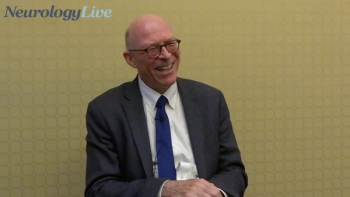
The director of the Memory Disorders Program at Georgetown University talked about newly approved anti-amyloid antibodies that show significant promise in slowing Alzheimer disease progression. [WATCH TIME: 5 minutes]
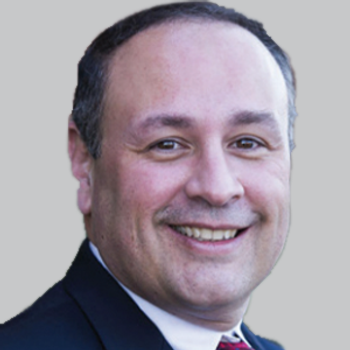
Although the data used predated 2019, istradefylline was associated with a statistically significant lower odds of the overall incidence of treatment-emergent adverse events than other adjunctive therapies for Parkinson disease.

In a large-scale analysis. 70% of patients with essential tremor and 70% of undiagnosed patients reported dissatisfaction with the therapeutic options available to treat their condition.

The associate professor of neurology at Georgetown University Medical Center talked about disease-modifying therapies for movement disorder-related dementia that aim to address the underlying mechanisms of the disease. [WATCH TIME: 5 minutes]